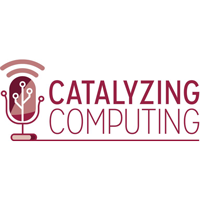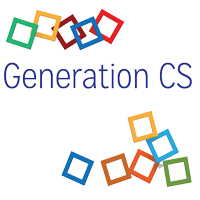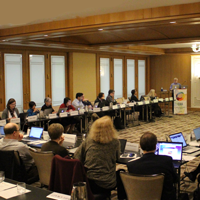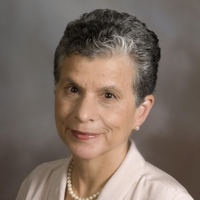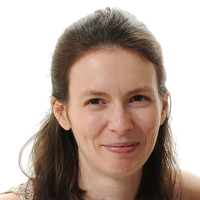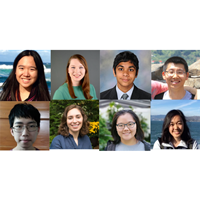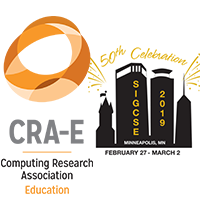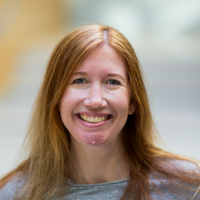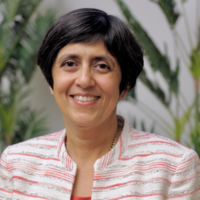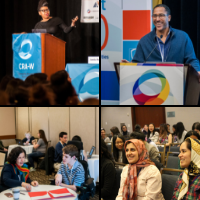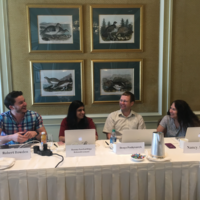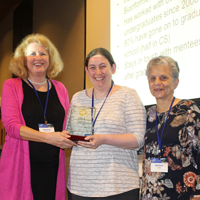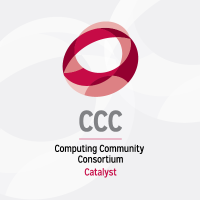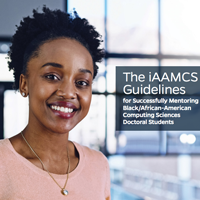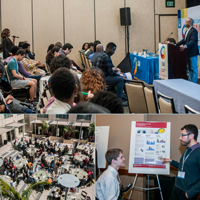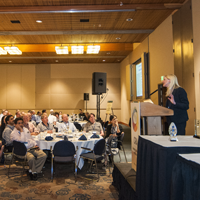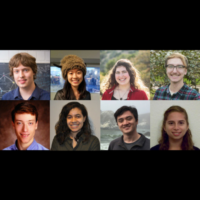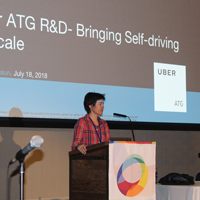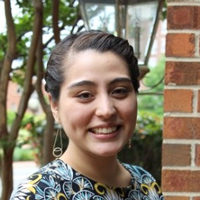Increasingly, jobs rely on the ability to use computers to interpret, understand, and trust data. For example, my students and I have worked with ornithologists who cannot understand the representations of their bird sightings, civil engineers who cannot easily use their own building data, finance experts who cannot trace money between companies and their subsidiaries, and an XML document company whose clients cannot understand data that appears outside of their reports. In each case, the data users have been hampered because their data is exceedingly difficult to understand and trust, even though the users are experts in their fields. One reason for this difficulty is that the organization of the data is often designed for computers, not for people (i.e., for storage, not accessibility). Another reason is that data often come from different sources, leaving users with the challenge of integrating data that they neither understand nor trust.
